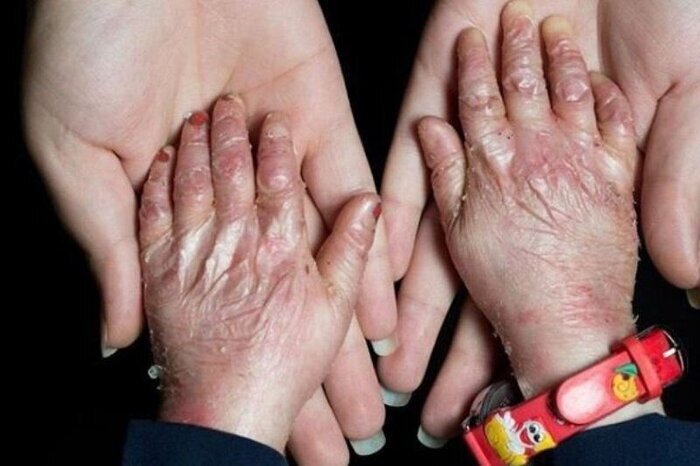Iran faces medicine import crisis in wake of EU sanctions: official
TEHRAN – In a recent statement, a high-ranking official at Iran’s Food and Drug Administration (IFDA) revealed that European Union sanctions have significantly impacted Iran’s pharmaceutical imports, leaving patients with critical health needs particularly vulnerable. The government is now exploring alternative pathways to ensure the steady flow of essential medical supplies to the country. Speaking


TEHRAN – In a recent statement, a high-ranking official at Iran’s Food and Drug Administration (IFDA) revealed that European Union sanctions have significantly impacted Iran’s pharmaceutical imports, leaving patients with critical health needs particularly vulnerable.
The government is now exploring alternative pathways to ensure the steady flow of essential medical supplies to the country.
Speaking at a nursing equipment exhibition in Tehran, Fereshteh Mirzazadeh, deputy head of the IFDA, provided an update on the measures Iran is taking to counter these obstacles. She outlined the government’s ongoing efforts to establish new transport routes and form partnerships with foreign airlines that could help bypass the sanctions.
“We are working to open special air corridors, collaborate with international firms, and strengthen domestic production,” Mirzazadeh said. “These strategies are essential to securing the medical supplies needed by our population.”
In addition to these international arrangements, the IFDA is prioritizing investment in local production capabilities. Mirzazadeh expressed hope that these sanctions could ultimately become an impetus for growth in Iran’s pharmaceutical sector, aiming to reduce dependence on imports by improving the quality and quantity of domestically produced medications.
“We view this challenge as an opportunity to bolster our internal resources and increase self-sufficiency in the healthcare sector,” she added.
Last month, the European Union imposed sanctions on three Iranian airlines, alleging links between Iran and Russia in the ongoing Russia-Ukraine conflict.
The EU emphasized that these sanctions were aimed at specific entities rather than intended to harm civilian travel or exchanges between Iran and Europe. However, the ripple effects of these restrictions have disrupted the transport of vital medications and medical supplies, an issue that Iranian Health Minister Mohammadreza Zafarghandi highlighted in early October.
As Iran grapples with the challenges imposed by sanctions, the country remains focused on safeguarding public health by adapting its strategies and strengthening resilience within its healthcare system.
